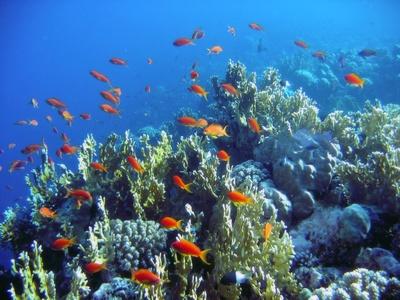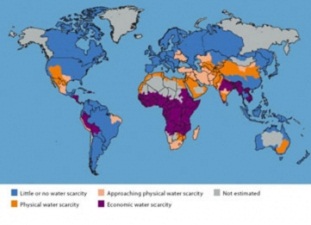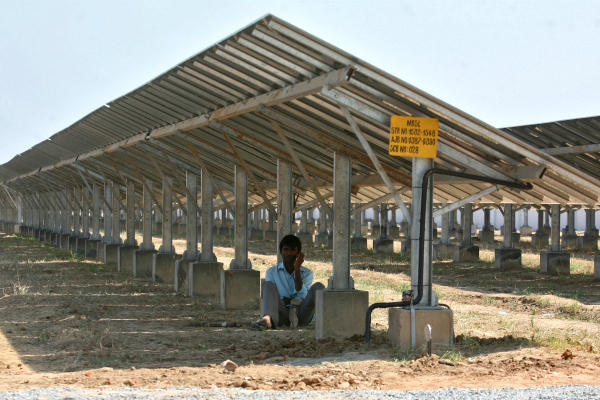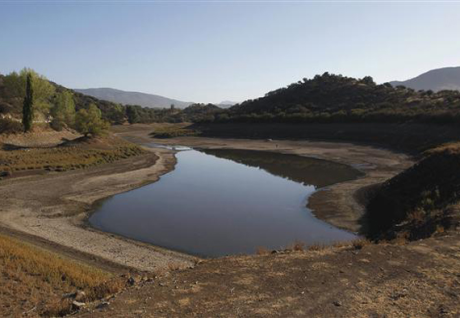2012
Submitted by ward on
Corals 'Could Survive a More Acidic Ocean'
Submitted by ward on
Pesticides linked to honeybee decline
Submitted by ward on
World Water Day: Trillions Needed in Investment
Submitted by ward on
Perpetual Ocean
Submitted by ward on
Plan now for climate-related disasters - U.N. report
Submitted by ward on
Losses from Natural Disasters Reach New Peak in 2011
Submitted by ward on
Fukushima reactor shows radiation levels much higher than thought
Submitted by ward on
Access to energy - necessary but not sufficient to cut poverty
Submitted by ward on
Water-short world will need 'more crop per drop' - experts
Submitted by ward on











